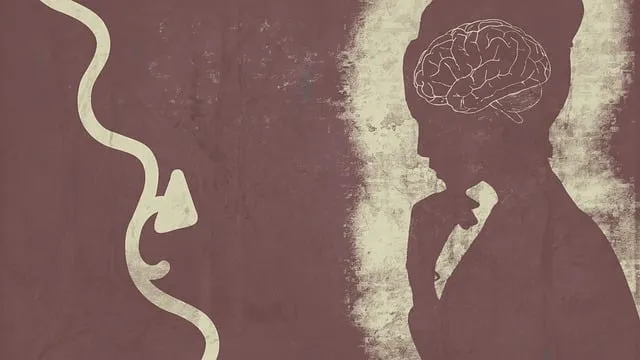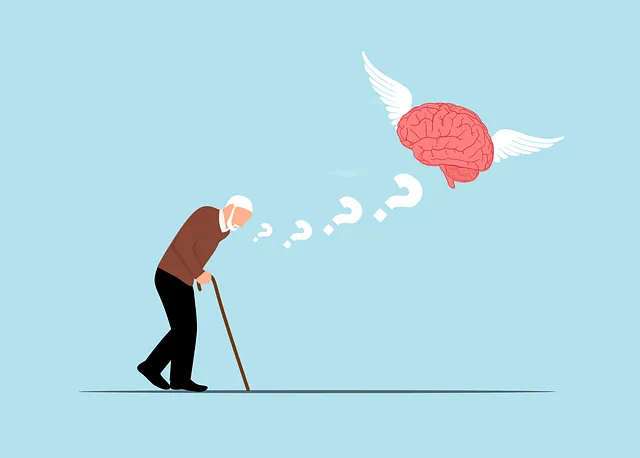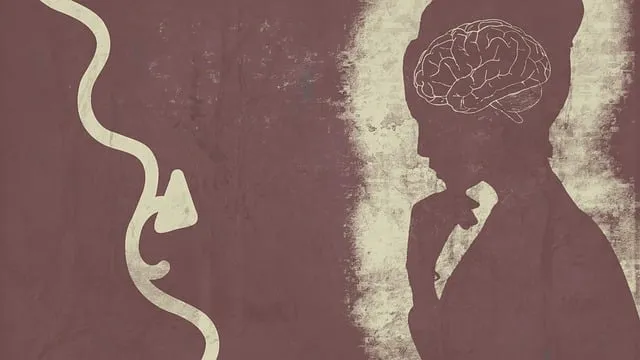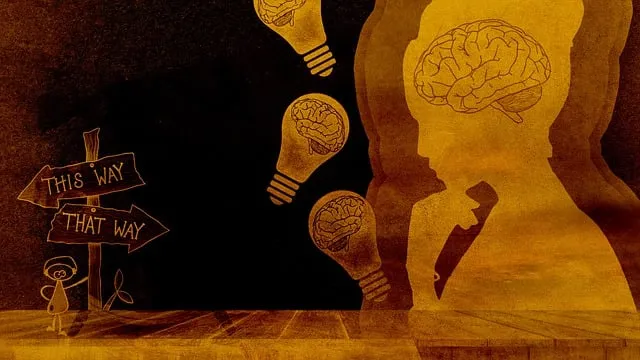The Kaiser Permanente mental health department in Parker prioritizes cultural sensitivity, ensuring holistic care through cross-cultural communication training, inclusive planning, and burnout prevention. They aim to meet diverse patients' unique needs by adapting therapeutic techniques, communication styles, and physical spaces, enhancing engagement and outcomes. This approach aligns with their mission to improve patient outcomes while addressing Mental Health Policy Analysis and Advocacy, reducing access barriers, and fostering open dialogue through stigma reduction efforts. The Kaiser Permanente mental health department phone number in Parker offers a valuable resource for culturally sensitive services.
Mental healthcare practices are evolving to embrace cultural sensitivity, recognizing that cultural context deeply influences an individual’s mental well-being. This article explores why this approach is vital, delving into the impact of cultural differences on treatment effectiveness and the challenges faced by mental health professionals.
We examine strategies for enhancing cultural competency, drawing insights from organizations like Kaiser Permanente’s commitment to diversity. By implementing tailored treatment plans and comprehensive training, we can bridge communication gaps, combat biases, and ensure equitable access to care, as exemplified by successful initiatives in mental health departments nationwide, including Parker.
- Understanding Cultural Sensitivity in Mental Healthcare
- – Definition and significance of cultural sensitivity
- – Impact of cultural differences on mental health treatment
Understanding Cultural Sensitivity in Mental Healthcare

Cultural sensitivity is a cornerstone in providing effective mental healthcare, ensuring that services are accessible and tailored to meet the unique needs of diverse patient populations. It involves recognizing and appreciating the impact of cultural beliefs, values, and practices on an individual’s experience with mental illness and treatment-seeking behavior. In the context of Kaiser Permanente’s mental health department, phone number Parker, understanding cultural sensitivity is not merely about diversity training; it’s a comprehensive approach that permeates every aspect of patient care.
This involves adapting therapeutic techniques, communication styles, and even physical spaces to reflect the comfort and familiarity of the patient. For instance, incorporating culturally relevant interventions like Social Skills Training or promoting Positive Thinking can significantly enhance engagement and outcomes. Moreover, a thorough understanding of cultural contexts enables mental health professionals within Kaiser Permanente to navigate complex issues related to Mental Health Policy Analysis and Advocacy, ensuring that care aligns with community values and reduces potential barriers to access.
– Definition and significance of cultural sensitivity

Cultural sensitivity in mental healthcare is a crucial aspect that goes beyond treating symptoms and involves understanding and respecting individuals’ cultural backgrounds, values, and beliefs. It means recognizing and adapting practices to meet the unique needs of diverse patients, ensuring they receive care that aligns with their cultural identities. This approach is essential for building trust between healthcare providers and clients from various ethnic, racial, and socioeconomic groups, fostering an environment where individuals feel heard and understood.
At Kaiser Permanente’s mental health department, located in Parker, professionals are trained to navigate the complexities of cultural sensitivity. They employ strategies such as Social Skills Training and Burnout Prevention programs to enhance cross-cultural communication and Emotional Well-being Promotion Techniques to create inclusive care plans. By prioritizing cultural sensitivity, this department aims to improve patient outcomes and promote holistic mental health support tailored to every individual’s specific needs.
– Impact of cultural differences on mental health treatment

Understanding cultural differences is paramount when it comes to providing effective mental health treatment. Every community possesses unique values, beliefs, and traditions that can significantly shape individuals’ experiences with mental illness and their approaches to seeking help. For instance, in certain cultures, expressing emotions openly might be discouraged, while others emphasize the importance of community support during times of crisis. These disparities can lead to barriers in communication between patients and healthcare providers, potentially hindering the delivery of suitable care.
The Kaiser Permanente mental health department phone number Parker serves as a valuable resource for individuals seeking culturally sensitive services. By recognizing and respecting these differences, mental health professionals can build trust and foster meaningful connections with their clients. Implementing Empathy Building Strategies and Emotional Intelligence techniques allows healthcare workers to navigate these cultural nuances, ensuring that everyone receives personalized care tailored to their specific needs. Additionally, Mental Illness Stigma Reduction Efforts play a crucial role in creating an inclusive environment, encouraging open dialogue, and promoting understanding among diverse communities.
Cultural sensitivity is an indispensable aspect of mental healthcare, as it ensures that services are accessible and effective for individuals from diverse backgrounds. By recognizing and respecting cultural differences, mental health professionals can create inclusive environments, improve patient outcomes, and bridge the gap in care. At Kaiser Permanente’s mental health department, located at (phone number to be inserted), they prioritize cultural sensitivity, ensuring Parker members receive personalized support that aligns with their unique cultural identities. This approach not only enhances treatment adherence but also fosters a sense of trust and well-being. Embracing cultural sensitivity is a step towards a more equitable and compassionate mental healthcare system.






